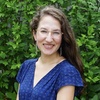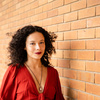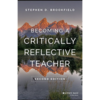Fall Teaching Conference & Winter Teaching Week
Getting Started as a Teaching Fellow
Are you looking for our training for new Teaching Fellows? Are you a PhD student preparing to teach this year? We have two regular offerings designed to help new Teaching Fellows learn about teaching and feel ready to go into the classroom.
Fall Teaching Conference 2024
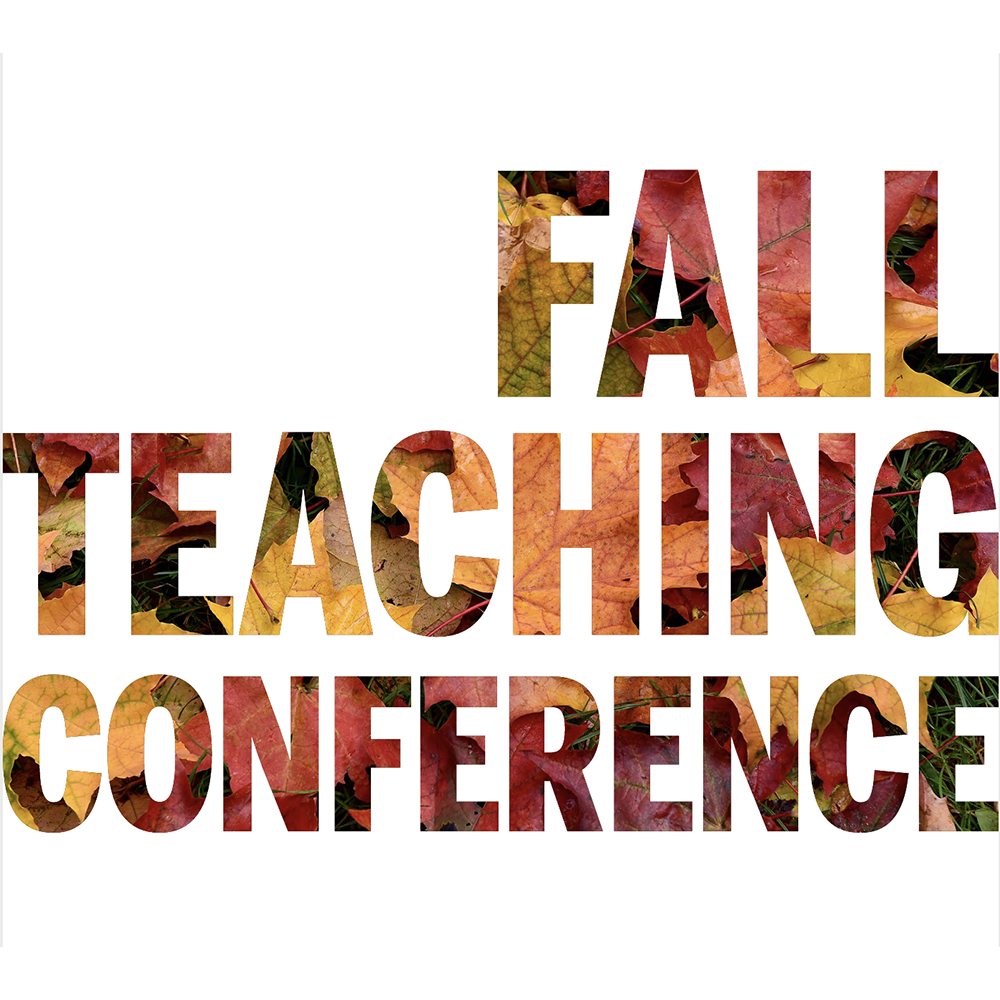 Join the Bok Center this August for the Fall Teaching Conference! New and experienced PhD student teachers can explore key topics in teaching and learning, build community and share advice with TFs across disciplines, and feel prepared and confident as we start a new year of teaching and learning.
Join the Bok Center this August for the Fall Teaching Conference! New and experienced PhD student teachers can explore key topics in teaching and learning, build community and share advice with TFs across disciplines, and feel prepared and confident as we start a new year of teaching and learning.
The 2024 Fall Teaching Conference will be held on Wednesday, August 28 and Thursday, August 29, at the Bok Center at 125 Mt. Auburn Street, 3rd floor, with sessions for new and experienced PhD student teachers. Full details will be available by mid-June and registration will open on August 5. View a preliminary schedule at-a-glance.
- HIT THE GROUND RUNNING RESOURCE SITE, self-study modules on the fundamentals of teaching, specific focus areas including engaged communication and equitable and inclusive teaching, and home to session materials and resources for the Fall Teaching Conference
- Resource Roadmap for TFs, a quick guide for where to go with your teaching questions
- Bok Center’s Teaching Timeline, a step-by-step guide with resources to help instructors navigate the term
Looking for our 3-session Fundamentals training for new Teaching Fellows? Visit our Getting Started page.
The Fall Teaching Conference is designed for Harvard Griffin GSAS PhD students and others at similar career stages engaged in the teaching of Harvard College undergraduates.
Winter Teaching Week 2024
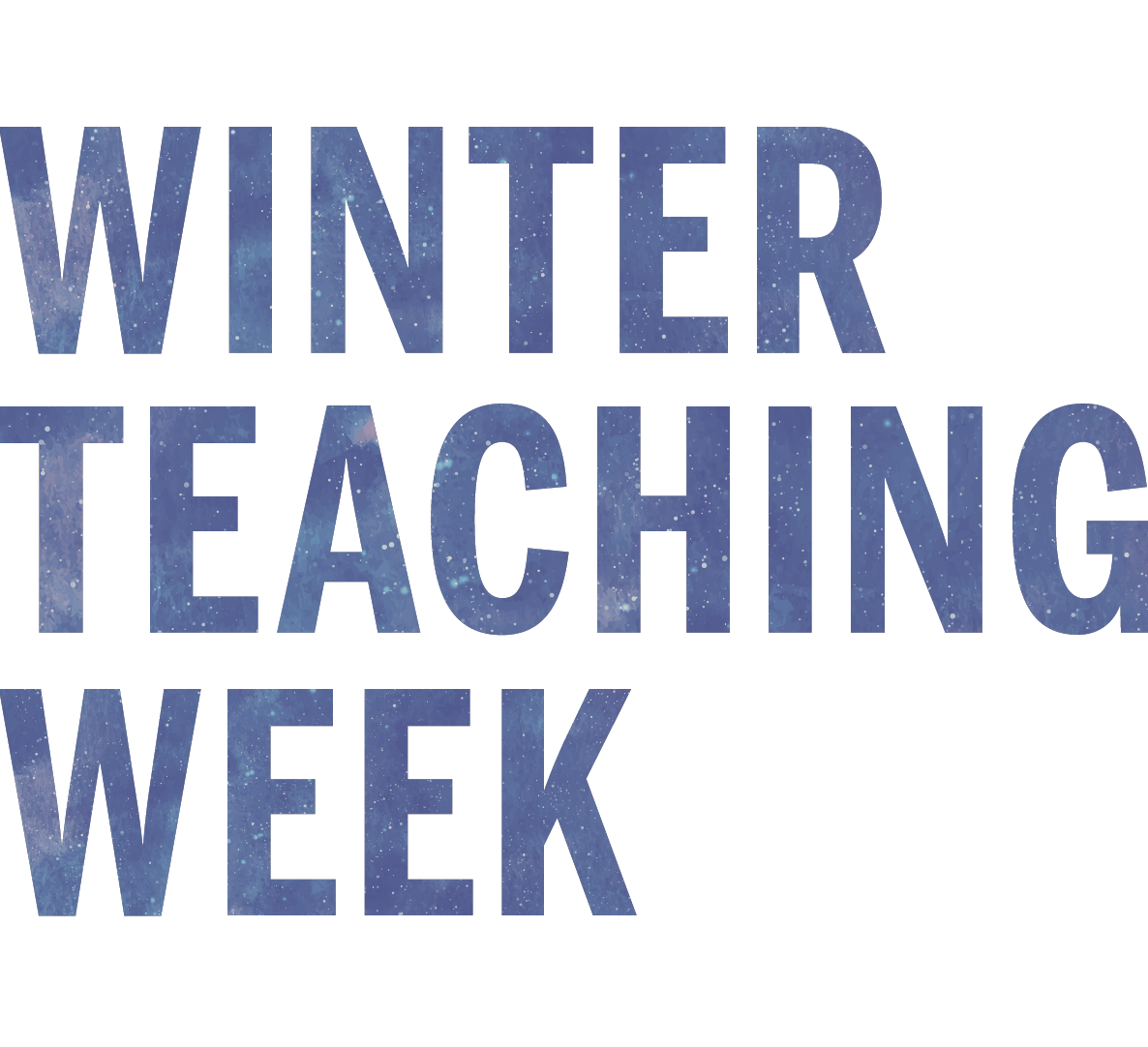 Winter Teaching Week 2024 was held on January 17-19.
Winter Teaching Week 2024 was held on January 17-19.
This January 17-19, PhD students are invited to join Bok staff and connect with peers across disciplines to reflect on your teaching and professional development goals, explore key ideas to enhance your teaching and communication skills, and recharge before the spring term starts. Winter Teaching Week is a great way for you to sample the range of work we do at the Bok Center, learn about opportunities to engage with us in more depth, and join our community.
You may register for any or all of our workshops based on your teaching and professional development interests. All workshops will be held at the Bok Center on the 3rd floor at 125 Mt. Auburn Street. View our accessibility statement.
Winter Teaching Week 2024 Workshop Descriptions
Critical Reflection: Taking Your Teaching to the Next Level
Pamela Pollock, Director of Professional Development
As scholars, we are always developing our research, but how do we think about learning and growing as a teacher? In this session, we will look at a variety of frameworks, sources, and strategies for gathering feedback and using it to improve our teaching and our students’ learning. We will explore four lenses through which we can consider our teaching - self, students, colleagues, and the literature - and discuss how to build our own toolkit for becoming more reflective and effective teacher-scholars.
How Can I Make the Most of the Bok Center? A Lunch Discussion
Bok Center Staff
Have lunch, learn more about our programming and resources, and explore ways to engage with us as a PhD student! We will share an overview of our programming for PhD students, including Bok Seminars and Teaching Certificates, the Professional Communication Program for International Teachers and Scholars, and our Fellows Programs. Learn more about our resources to support your teaching and communication goals, no matter your discipline or stage of your graduate career.
Using Growth Mindset to Improve Teaching and Learning
Anza Mitchell, Assistant Director, Science Pedagogy
Growth mindset—the belief that your skills and intelligence are malleable and can be improved with hard work and practice—has been shown to be a vital aspect of learning. In this session, we will focus on developing a growth mindset for ourselves and for our students, and why both are important. You will leave with concrete strategies for helping students focus on how to thrive—rather than just survive—in their college classes by considering themselves on a journey towards developing new skills and knowledge in which meaningful challenges are to be embraced rather than avoided.
Responding to Student Writing Efficiently and Effectively
Jonah Johnson, Assistant Director for Writing Pedagogy; Head Preceptor in the Writing Program
Is giving feedback on papers totally new to you? Or have you graded a thousand papers but have questions about keeping your feedback as accurate, consistent, and useful as possible for your students? Are you worried about how much time you spend on comments and grading? In this session we’ll discuss best practices for responding to student writing, which will help you give feedback and grade more efficiently and effectively. We’ll discuss general principles of giving feedback along with specific questions, including: how to write margin and end comments, how to use your feedback to engage students as writers and thinkers, how to talk to your students about the possible role of AI in writing, and how to utilize written feedback to create a more inclusive teaching and learning experience. Note: Please complete the Responding to Student Writing Module on the Hit the Ground Running Canvas site in preparation for this session.
Teaching in the Age of Generative Artificial Intelligence
Adam Beaver, Director of Pedagogy
The emergence of generative A.I. has the potential to change how we learn, how we teach, and how we work. How can we design our courses to help students learn about and be prepared to engage with a future that includes A.I., without compromising our core mission of helping them to develop an independent mind and original voice, the ability to reason, and intellectual humility? In this session we’ll share information, examples, and best practices derived from our work with faculty who are at the forefront of grappling with what the advent of artificial intelligence means for teaching and scholarship. We’ll also encourage participants to share their own sense of the opportunities and challenges that may arise in classrooms this year, and brainstorm solutions.
The Top 4 Teaching Challenges … and How to Address Them
Chloe Chapin, Assistant Director, Course Design
How do I plan a section? What’s a good in-class activity? How do I grade this assignment? How should I start planning a sample syllabus for the job market? As an instructor, your challenge is to create a learning environment where students have the tools, opportunity, and desire to learn. How do you create the conditions where this is possible? In this session, we will use backwards design to practice planning engaging and goal-oriented courses, assignments, lessons, and activities. Backwards course design is a method of curriculum planning and assignment design that centers student engagement. It will help you learn to articulate your goals and objectives and create appropriate methods of instruction and assessment. We will reflect on ways that these backwards design strategies can help us think about our own goals, scholarship, and values as educators.
Motivating Your Students and Yourself: A Lunch Discussion with Experienced TFs
Lee Cannon-Brown, Bok Pedagogy Fellow, and other experienced TFs
During the busy semester, it can be difficult to find the energy to stay motivated and to keep your students engaged, too. To maintain motivation and engagement in the classroom, it can be important to connect with peers and seek out teaching mentors. In this interactive panel discussion, three experienced TFs will explore their approaches to 1) defining teaching goals and priorities, 2) aligning expectations between teachers and students, 3) building supportive and motivated classrooms, and 4) leveraging their identities as teacher-scholars to energize their teaching and their students’ connection to the material.
Make Your Move: Teaching Discussion as a Skill
Rebecca Miller Brown, Assistant Director, Graduate Student Programming
In many disciplines, students are meant to learn from “doing the reading,” discussing it in class, and then writing a paper or doing a project about it. How can we make the discussion component of this process (which largely happens in section) effective and engaging, and how can we build these skills as teachers? In this session we will consider what makes for a productive discussion in your discipline, how students know what “counts” as contributing to a discussion, and how you can encourage your students to engage and learn from discussion (and not simply participate). We’ll talk about the possible goals of a discussion and play (literally!) with the various moves that participants make, with the aim of making implicit discussion dynamics more explicit for students and instructors alike. By framing discussion as a skill and making clear all the ways students can participate, you can help students not only learn the content but also develop as effective speakers and listeners.
Problems and P-Sets: Designing and Teaching Problems in STEM
Anza Mitchell, Assistant Director, Science Pedagogy
Do you want to design problems that will help your students develop their critical thinking skills and understand your course content better? How do you help students learn how to do the problems in section without giving them the answers? In this session, we will explore principles of problem design and best practices for running problem-based sections. We will practice evaluating problem sets and different types of feedback. You will leave this session with strategies to design and teach problem sets to better help students learn.
Navigating Challenging Moments in the Classroom
Ashlie Sandoval-Lee, Assistant Director, Equity & Inclusion
Challenging moments can emerge even in the best-designed courses. Instructors and students might be tasked with engaging with materials or comments that conflict with their worldview; they may encounter or perpetuate microaggressions in the classroom; or they may become activated by course content. When classroom discussions and activities result in unforeseeable, unintended, or unwanted outcomes, those moments can be stressful for instructors. How can you stay present and successfully facilitate conversations when conflict, difficult emotions, or trauma are present? In this session, we will learn and practice a mindful listening strategy and explore best practices to help you and your students acknowledge feelings as they arise. Our goal is to help instructors learn to reframe challenging moments as opportunities to foster community and confidence, and to make sure that they do not become a barrier to learning goals.
Building Your Communication Skills as an International Scholar
Sarah Emory, Assistant Director, International Teachers and Scholars
How do our language and cultural backgrounds affect the ways we think about communication? What strategies can we use to communicate clearly in academic and professional settings? In this interactive session, we will explore cultural components of communication and then practice specific strategies to speak clearly and confidently, to listen effectively, and to handle unexpected questions. This session is designed for those who speak English as an additional language but is useful for anyone interested in strengthening their communication skills. Stay after the session for a broader workshop on public speaking and engaged communication.
Public Speaking: Connecting with Your Audience Through Voice and Movement
Erika Bailey, Head of Voice and Speech, American Repertory Theater; Lecturer on Theater, Dance & Media
We spend most of our time preparing for class or presentations by focusing on what we need to cover— what we need to SAY. But are we actually reaching our audiences? Our physical as well as our vocal presence play an integral role in our ability to communicate our ideas and engage students and other audiences. Using exercises from the theater that strengthen vocal and physical expressiveness, we will explore strategies to keep our audiences present and engaged. Participants should be prepared to give a very short introduction of themselves and their research area (no longer than 30 seconds) to put into practice the strategies modeled in this session.
Communicating Your Research: A Lunch Discussion
Pamela Pollock, Director of Professional Development
Stay for lunch to discuss how to apply what you learned from Erika Bailey’s Engaged Communication session to practice and get feedback on communicating your research. We consider how the basic principles of good pedagogy are also the basic principles of effective and engaging speaking: having clear goals and structuring the content to help the audience understand and become engaged in the material. This session is designed for all PhD students who want to be more engaging teachers or prepare for presentations, job interviews and job talks.
Teaching and Your Career
Rebecca Miller Brown, Assistant Director, Graduate Student Programming, and Caroline Rende, Interim Associate Director, Graduate Career Services, MCS
How do you leverage your teaching experience in your job search? As a teacher you learn so much, including how to communicate complex topics, organize material, facilitate a group, manage time, set goals, support students, and give feedback. How can you articulate these skills? How might these skills be valued by employers? In this interactive workshop hosted by the Derek Bok Center for Teaching and Learning and the Mignone Center for Career Success, you’ll explore what you’ve learned from your teaching experiences, reflect on which elements of teaching you’ve found most rewarding, and consider how the strengths and interests you’ve developed as a teacher may be valuable to a variety of career paths. This session is designed for graduate students at any stage interested in exploring their teaching strengths and how they relate to their future career, whether in or outside of academia.
Graduate Student News
Teaching Matters
Hear reflections on the value of the Bok Center, and of teaching, in our Teaching Matters gallery.
We are here for PhD students!
MEET WITH US about the best ways to use our programs and resources, depending on your teaching and professional development goals.
Hit the Ground Running
 Explore our Hit the Ground Running resource site, which includes self-study modules on the fundamentals of teaching, engaged communication, equitable and inclusive teaching, and more.
Explore our Hit the Ground Running resource site, which includes self-study modules on the fundamentals of teaching, engaged communication, equitable and inclusive teaching, and more.


